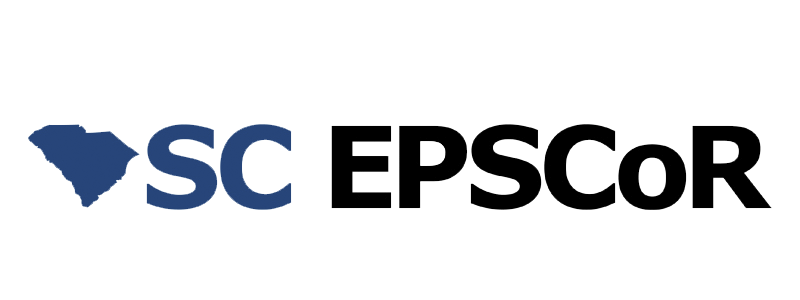- Home
- ADAPT in SC Biomedical AI
ADAPT in SC Biomedical AI
Biomedical AI is an emerging interdisciplinary field where innovations sprout not only in new theories, models, and algorithms in AI and data science but also in synergistic integration of AI with targeted biomedical devices and their downstream applications in complex biomedical settings. The AI-enabling Core will conduct research related to AI-enabled biomedical devices in both areas deeply embedded in each device thrust. Its research objectives comprise the development of theoretical foundations of biomedical AI, AI-ready data acquisition and preprocessing, multimodal data fusion technologies, deep learning algorithms, physics-informed ML models, and software tools to facilitate the use of mechanistic and AI models, sometimes with limited amounts of data. For ADAPT to be successful, it is essential to ensure that the design of medical devices adheres to ethical standards and that the devices win trust among potential DT stakeholders. A cross-cutting role of the AI-enabling Core is to ensure the entire team adopts ethics best practices and understands barriers to acceptance of AI in healthcare. The outcomes of the research project include advances in biomedical AI and a host of AI-enabled biomedical devices for target applications. Additionally, an ethical framework for interdisciplinary professionals who work in AI within healthcare and an enhanced understanding of acceptance of AI products among healthcare and patient stakeholders are expected as well.
Goals:
- Address challenges in biomedical AI for biomedical device development
- Develop new models and methods in physics-informed ML and predictive modeling
- Implement security and test robustness in AI-enabled biomedical devices
Thrust Co-leaders:
Feng Lou (Clemson)
Qi Wang (UofSC)
Contributing Faculty:
Jesse Dean (MUSC)
Ivan Dungan (Francis Marion)
Comert Gurcan (Benedict)
Adam Hoover (Clemson)
Nina Hubig (Clemson)
Nianyi Li (Clemson)
Yongkai Wu (Clemson)

